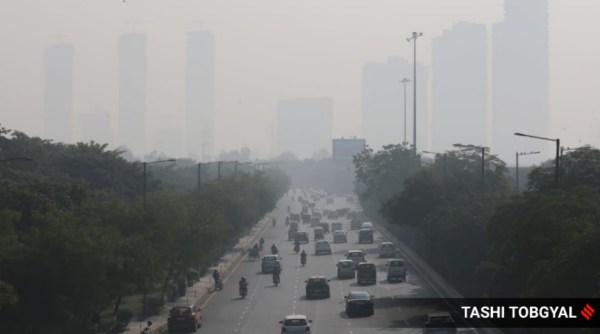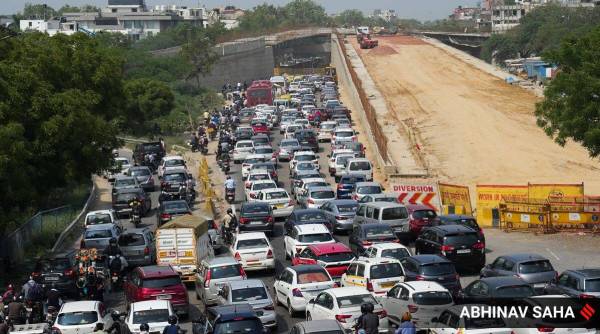
The real-time source apportionment study for Delhi which is expected to help identify the sources of air pollution in the city in real time has begun and will help Delhi take action to reduce pollution based on its findings, Chief Minister Arvind Kejriwal said on Friday.
The project is being implemented by IIT Kanpur, IIT Delhi, and The Energy and Resources Institute (TERI), along with Delhi Pollution Control Committee (DPCC). After a review meeting on the study, Kejriwal said: “We have ordered officials to immediately take action to reduce pollution based on the study’s findings. The Delhi government will place the analysis before CAQM (Commission for Air Quality Management) so the Centre, too, can act upon the problem.”
The study involves a supersite, where equipment has been set up to monitor parameters like particulate matter and other gaseous pollutants, determine sources of pollutants in real time, and generate forecasts on hourly, daily, and weekly basis.
According to a communication from the Chief Minister’s office, the team from IIT Kanpur informed officials at the meeting that “the secondary inorganic aerosols which travel long distances contribute to a large proportion of the air pollution mix”. They identified biomass burning of wood and stubble, vehicular emissions and construction and road dust as other major sources of PM2.5 over the past month.
Following a meeting between Delhi traffic police and the Public Works Department (PWD) on Friday, officials said that the Ashram flyover will be shut for 45 days from January 1.
“Keeping in mind Christmas and New Year’s Eve, we have decided to shut the flyover from the first of next year. The dates are proposed by the contractor and have been finalised,” said a senior PWD official.

“Initially, it was proposed to close the flyover between December 25 and 31, but as itis a week full of festivities, we decided against it,” said the official.





